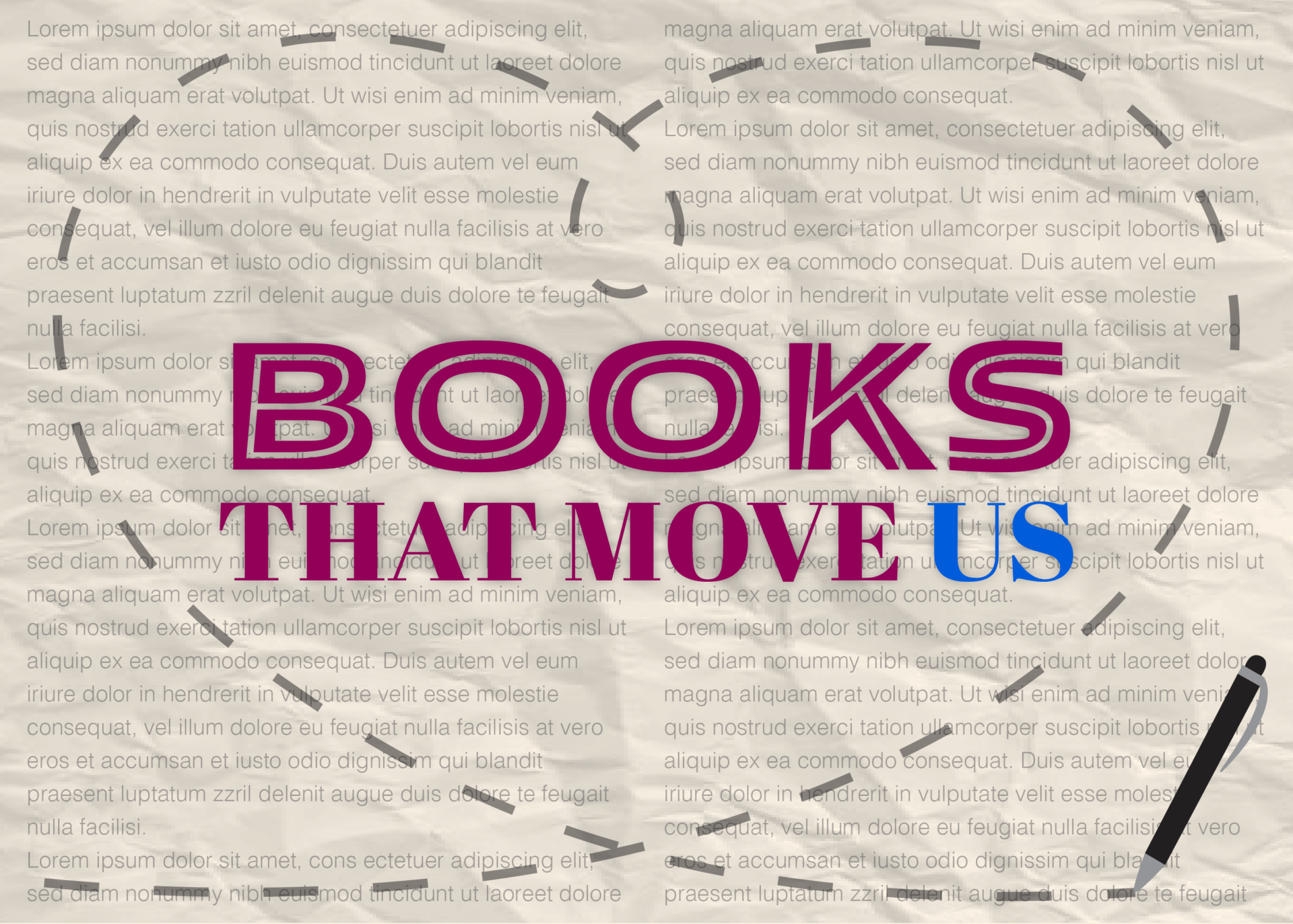Books That Move Us, a virtual monthly talk series and the most recent addition to the Division of Continuing Education (DCE)’s programming, debuted on Aug. 21.
Dr. Noah Askin of UCI’s Paul Merage School of Business led the first event, presenting his book “Orchestrating Connection: How to Build Purposeful Community in a Tribal World,” which he co-authored with David Homan.
“Books That Move Us is more than a book talk. It’s a space for meaningful conversation — a place where insight meets action, and stories become sparks for transformation,” the series’s description details.
Particularly, the series “brings leadership and business authors into conversation about the ideas that inspire action and connection.”
The new series originated in the division’s annual strategic plan and now joins the DCE’s collection of monthly talk series alongside events like Game Changers and Ideas That Inspire.
The DCE plans to mainly conduct the series virtually with free, open registration, though they hope to hold some events on campus. Captioned recordings are made available for registrants several days after the event.
With accessibility and applicability as its goals, Books That Move Us aims to interest both members of the public and corporate partners of the DCE, inviting broad appeal through its topics, according to the DCE’s Corporate Client Engagement & Marketing Liaison Kathy Tam.
Tam said that the series’s format encourages authors to focus on the key lessons of their work, treating the space like a classroom and providing practical takeaways in three areas.
“The pillars are how to live, how to lead and how to connect,” Tam told New University.
She viewed Askin as an ideal candidate to debut the series; by starting with a UCI faculty member, she intended to highlight campus research to the DCE’s professional and corporate audience.
“It’s a really unique thing for people to, you know, kind of outside the normal fold of the university to see how research is applied,” Tam said.
Askin’s research centered on diverse community-building, bridging the gap between the academic and corporate worlds.
“Orchestrating Connection,” the presented product of Askin and Homan’s research, “blends sociological insight, psychological understanding, and lived experience into a practical methodology for building purposeful communities,” according to Askin’s website.
Askin began the talk with openness and charisma, intent on applying the lessons of his research to the very format of the presentation. He carefully set expectations, easing the audience into new topics and encouraging interaction and connection. His first priority was converting the audience into a potential community.
“I understand that you show up to these webinars, and you keep your camera off, and you’re doing three other things at the same time. I know that because I do the same thing,” Askin said. “I’m gonna ask you very, very shortly into this session to turn your cameras on and to engage with each other.”
Five minutes in, Askin split the audience into various trios tasked with the same problem — introducing themselves. The viewers now played an active role, engaging in a “lived experience” of their own as they interpreted his request.
Reconvening the group, Askin confirmed that the majority had introduced themselves by where they’re from, where they work, or where they went to school. Speaking later of these types of minimal introductions, he emphasized their shortcoming in regard to constructing connections.
“Most of us are trying to figure, oh, they went to that school, or this is their job, or they’re this step in their career. Where do I fit?” Askin said. “While it seems like we’re searching for commonality, what we’re actually doing most of the time is drawing distinction.”
Askin soon mounted a second small-group social experiment, this time guided by a more specific prompt.
“If you could give credit or thanks to one person in your life that you don’t give enough credit or thanks to, who would it be?” Askin said.
Reconvened five minutes later, Askin explained that the latter sort of introduction lends itself to stronger connections. Moving past the surface to personal topics humanizes the speaker and leaves them vulnerable, forming genuine points of commonality.
Throughout the remainder of his talk, Askin worked through other social constructs that impact how individuals build connections and community. He challenged listeners to reflect on the limits and constructs of their own communities, encouraging them to forge diverse connections.
Askin’s concluding call to action returned to his introductory social experiment, now suggesting that participants create their own questions and their own answers.
“What would you ask if you just met someone?” his final slide said. “How would you respond to a question like that?”
Following Askin’s August talk, the DCE plans for monthly installments. The next event will feature Christopher Sprague, Ph.D. on Sept. 9.
Sprague’s book, “Lead Without Limits: How Inspirational Leaders Make the Improbable Possible,” developed from his experiences restructuring major American corporations and will be the focus of September’s talk.
John Trytten is a Features Intern for the summer 2025 quarter. He can be reached at tryttenj@uci.edu.
Edited by Avery Rosas, Gabrielle Olaso and Joshua Gonzales

